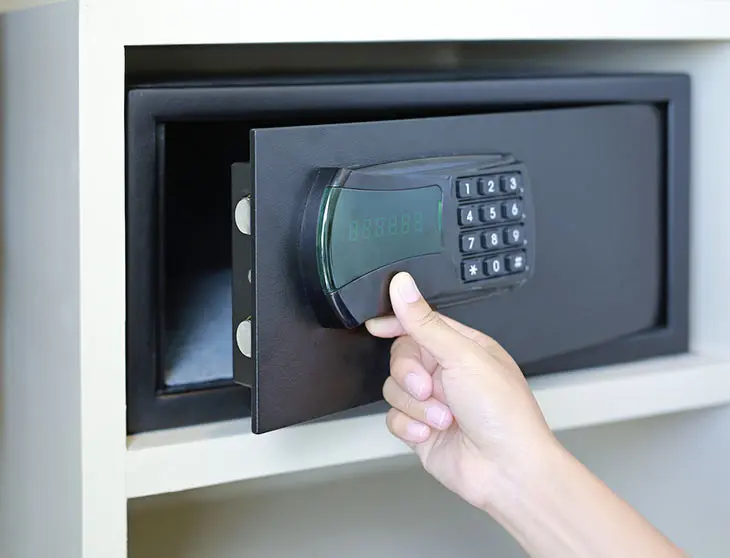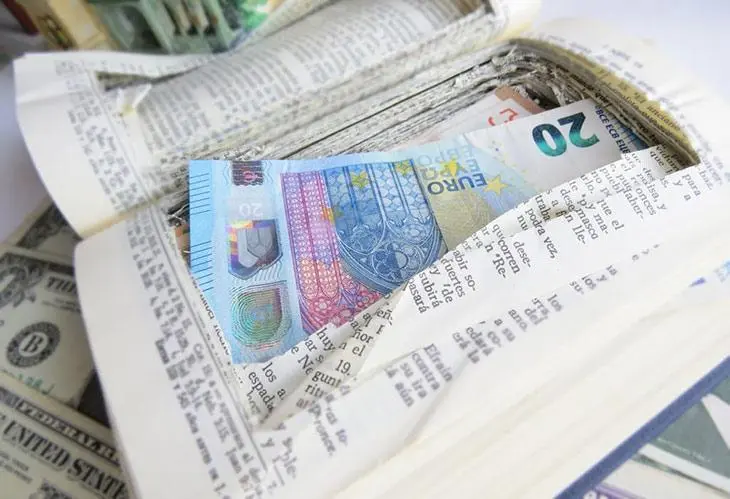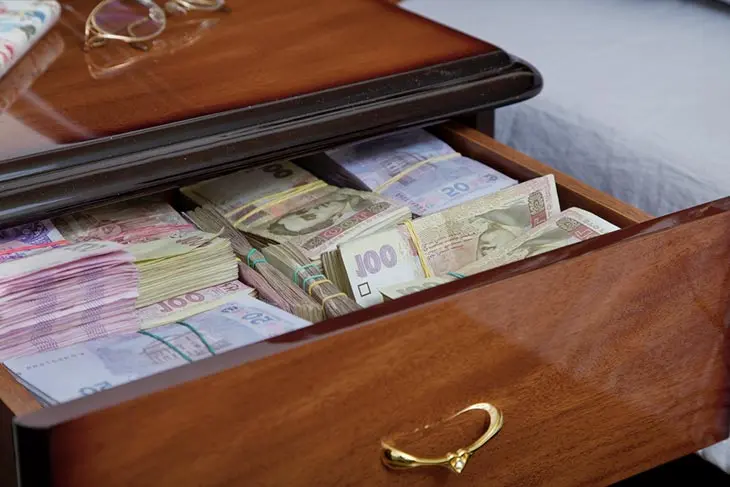Saving money at home has become a common practice, with many households opting to keep cash readily available for emergencies, vacations, or general convenience. However, safeguarding these savings is crucial, considering the risk of potential burglaries. In this article, we’ll explore expert advice on the safest places to conceal your money at home.
Choosing the Right Hiding Spots:

While traditional hiding spots like inside books, tissue boxes, under sinks, or in drawers may seem strategic, experienced thieves have likely considered these locations. To outsmart potential intruders, it’s essential to explore less accessible and more unconventional hiding spots. Consider places like a bag of frozen food, inside a decorative vase, or even tucked behind a photo frame—ingenious ways to keep your money inconspicuous.
The kitchen, surprisingly, offers various options for secure hiding. Utilize containers or compartments, wrapping bills in aluminum foil or sealing them in an airtight bag. Refrigerator drawers or cabinets for fruits and vegetables can serve as discreet locations. The key is to think beyond the obvious, ensuring that your chosen spot is unlikely to be inspected by burglars.
Expert Recommendation:

Roland Lecouvreur, a security expert, emphasizes that no hiding spot can surpass the security provided by a safe. A wall-embedded safe, especially fireproof and waterproof, stands as the ultimate choice to protect your money and valuables. Investing in a high-quality, sturdy safe is crucial, and if not embedded, consider bolting it to the floor in a less frequented area of your home.
Safety Measures and Maximum Amount:

In terms of security measures, Roland Lecouvreur advises against keeping large sums of money at home. Not only does this reduce the temptation to spend recklessly, but it also ensures a better night’s sleep. Law enforcement suggests maintaining a maximum of 500 euros in small denominations at home. This amount may vary based on the number of individuals residing in the household.
Following a 2016 survey by the European Central Bank, it was found that, on average, people kept around 1000 euros at home. While legally one can hold up to 10,000 euros per person, exposing such a substantial amount to potential burglaries is strongly discouraged.
Conclusion:
while keeping money at home is a personal choice, doing so demands thoughtful consideration of hiding spots. Following expert advice, opting for unconventional and less obvious locations can enhance the security of your savings. Remember, investing in a top-quality safe remains the most foolproof method to safeguard your money and valuables from potential theft.
image source : spm










